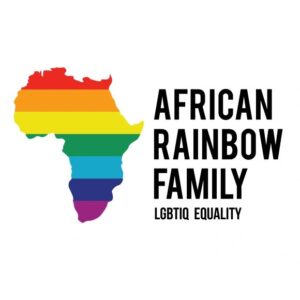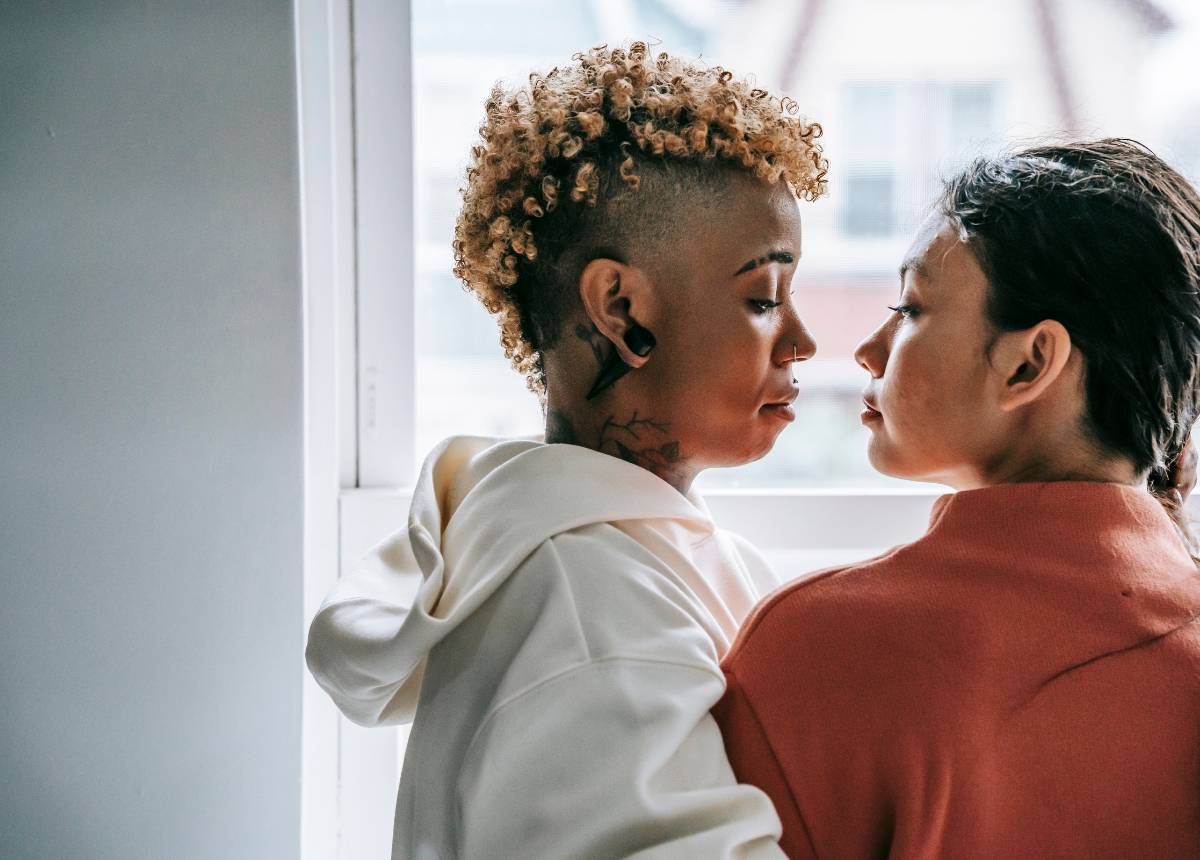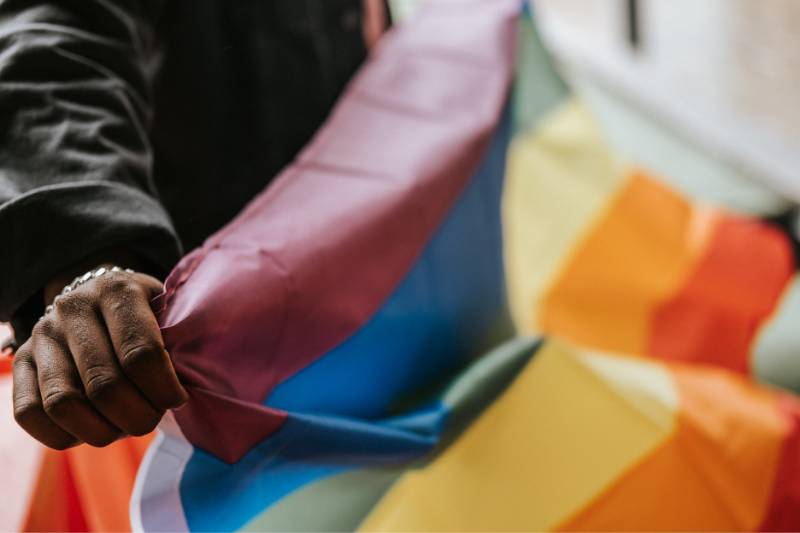Help us say no to the Nationality and Borders Bill
The Nationality and Borders Bill will have a devastating effect on the ability of LGBTQI+ people fleeing persecution to find safety in the UK.
Among other sweeping changes, this Bill will make it even more difficult for LGBTQI+ people to prove their sexual orientation and gender identity by increasing the standard of proof they have to meet.
If the UK is truly committed to being a global leader on LGBT+ human rights, then we must ensure the protection of LGBTQI+ people seeking asylum by keeping the standard of proof as it is. We call on the House of Lords to stop this Bill! Please share this Twitter thread with friends and colleagues using #AntiRefugeeBill.



![]()


We will keep campaigning to defend LGBTQI+ asylum in the face of this bill. Please sign up to our newsletter so that we can stay in touch.
Read the full briefing that we sent to Lords ahead of the Committee stage.
Marina’s story
The chance for LGBTQI+ refugees like Marina to make a new life here is under threat from the Anti-Refugee Bill. Read her story.

Government trying to make it harder to ‘prove’ you are LGBTQI+
The Nationality and Borders Bill that is being voted on in Parliament this week will make it even more difficult for LGBTQI+ people who are seeking asylum to prove their sexual orientation or gender identity.
The charity Rainbow Migration calls on MPs to vote against the Nationality and Borders Bill, which, among other sweeping changes, will increase the standard of proof for assessing whether someone is LGBTQI+ from the internationally accepted standard of “reasonable degree of likelihood” to the higher level of “balance of probabilities”.
It is inherently difficult for anyone to prove their sexual orientation or gender identity, and even more so for those who may have spent years trying to hide the fact that they are LGBTQI+. In many cases, the only “evidence” someone has is their own testimony. They have to talk about the most personal or intimate aspects of their lives in front of a complete stranger, who then decides if they believe them or not.
Rainbow Migration’s Executive Director Leila Zadeh said, “If this change becomes law, more LGBTQI+ people in need of our protection will be refused asylum and returned to countries where they could face torture, imprisonment or death”.
Earlier in November a report by the Independent Chief Inspector of Borders and Immigration revealed Home Office productivity targets were already preventing asylum decision-makers from adequately assessing claims based on sexual orientation.
Proving that you are gay - real life example from Still Falling Short
A claimant who described how a schoolboy friendship grew into a same-sex sexual relationship when the boys were around 13 and 17 respectively was challenged for not having a date for the anniversary of the start of the relationship and being able to remember only a particular school trip as the time when the liaison started. Then, the interviewer asked whether the boys went out for a meal, or went out or to socialise, which would have been, under the circumstances, a culturally inappropriate expectation.
Unbelievable – Help us say no to raising the standard of proof!
Can you imagine someone disbelieving your sexual orientation because you have never been in a relationship? Or because you don’t look LGBTQI+?
These are just some of the challenges that LGBTQI+ people seeking asylum face in the UK. And if the Nationality and Borders Bill is passed in Parliament this week, things will become even harder for them.
There are many reasons why proving sexual orientation or gender identity is already difficult. For instance:
- The sole evidence that many people have of their sexual orientation or gender identity is their own story
- Someone’s social and cultural background may affect how easily they can talk about their sexual orientation or gender identity
- Some women only become attracted to other women later in life and face being disbelieved on this basis, particularly if they have been in relationships with men in the past
What would you say if you had to prove your LGBTQI+ identity? Could you do it if your life depended on it?
It’s difficult and humiliating for anyone fleeing persecution to have to prove they are LGBTQI+, and the last thing we should do is make it harder. Help us spread the word by sharing one of the videos below or sending us your own:



